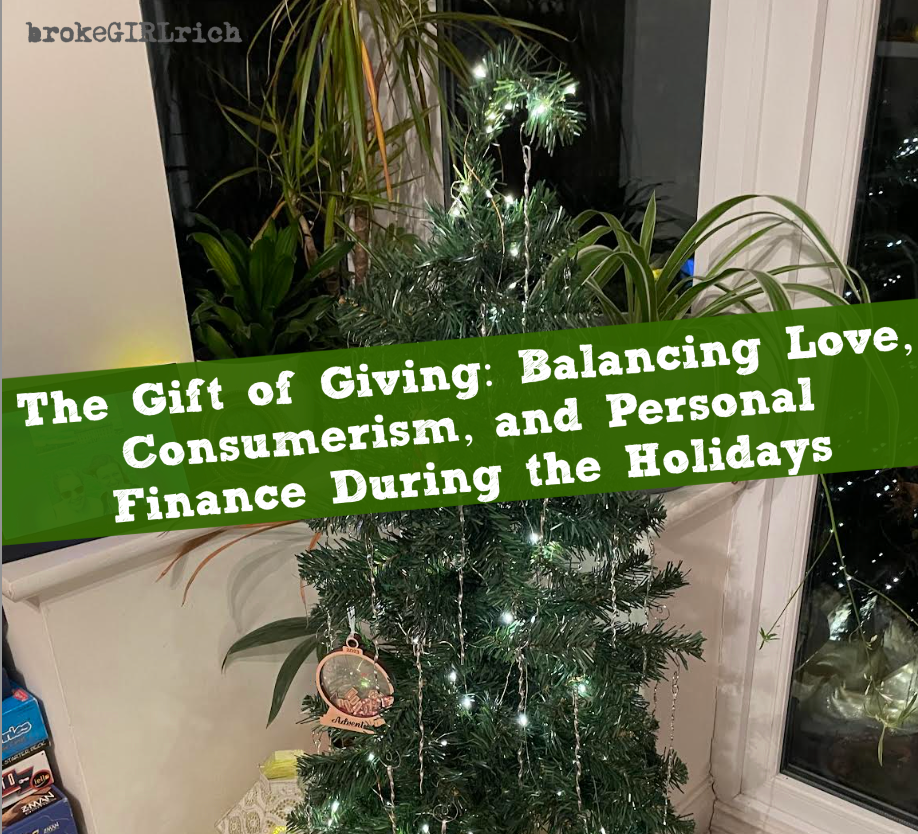
What Christmas Means to Me in the Context of Personal Finance
This year, I find myself a bit late with my usual holiday posts, and I realized this one will be published on Christmas Day. It led me to ponder what Christmas signifies for me regarding personal finance and whether these concepts are interconnected.
My initial consideration revolves around the rampant consumerism that accompanies Christmas. It’s hard to overlook how this season has shifted focus from faith to spending—definitely not aligned with the essence of Jesus, right? Nevertheless, gift-giving springs from a genuine place. After all, the wise men presented meaningful gifts. My faith is deeply rooted in that type of love—expressed through acts I’ve encountered in the Bible and observed in my surroundings.
Love Languages and Gift-Giving
Gift-giving is one of the five love languages as identified by Gary Chapman. For those unfamiliar with them, the five love languages include words of affirmation, acts of service, receiving gifts, quality time, and physical touch. I’ve always found this concept intriguing. Personally, my love languages are acts of service and quality time, while my mother’s was gift-giving. Unsurprisingly, I think of her a lot during the holidays, and her absence feels even more profound now. However, while shopping for gifts, I often experience a strange sense of connection to her, as though she’s present in spirit. Perhaps I’ve inherited a bit of her love language.
It’s truly lovely to both give and receive thoughtful gifts. Yet, I cannot disregard the sadness that accompanies the commercialization of gift-giving. Where do we draw the line between expressing love through a gift and merely purchasing something to conform to the holiday frenzy?
The Complexities of Holiday Shopping
While I find joy in selecting the ideal gift for someone, I must admit there’s a level of frustration tied to the obligations of holiday shopping. Much of this frustration is influenced by my current financial situation and my limited accessible cash, alongside the overwhelming number of children on one side of my family. I adore them all, yet it’s challenging to navigate. It feels odd not to buy them gifts, but the truth is, they don’t truly need anything. My bonds with them vary, and that’s where my understanding of gift-giving as a love language resonates—it’s about being acknowledged, ensuring no one feels forgotten. These are expressions of love.
In reflecting on my mother’s passing, I often think about the small, random gifts she would send throughout the year, which made me feel seen and valued. It wasn’t about the actual items; it was about her attentiveness. She would recall things I mentioned in passing and would find them for me, often without my knowledge—a testament to her thoughtfulness.
Finding Love in Unexpected Places
One of my closest friends shares this trait, and I don’t think she realizes how her actions fill me with love, especially in the absence of my mom. Until I lost her, the depth of that love was not completely clear to me, but now it shines brightly.
Today, I intended to write a critique of consumerism, yet I find myself somewhat defending it—while acknowledging the complications of financially managing this particular expression of love. Indeed, there are numerous budget-friendly avenues to pursue. A quick search for “gifts under $5” yields countless blog posts with suggestions. I even created a series on such gifts about a decade ago, showcasing affordable options that were still thoughtful (though with inflation, who knows what they’d cost now).
Cherishing the Season of Love
Ultimately, perhaps this season can exemplify the love language of gift-giving. And for those of us whose love languages align more with quality time and acts of service, we have ample opportunity to nurture those connections as well.
So, for those who celebrate, Merry Christmas! For those who don’t, Happy Wednesday! I hope you can revel in that peculiar, leisurely week between Christmas and New Year’s, where time seems to expand just a bit longer than usual.







